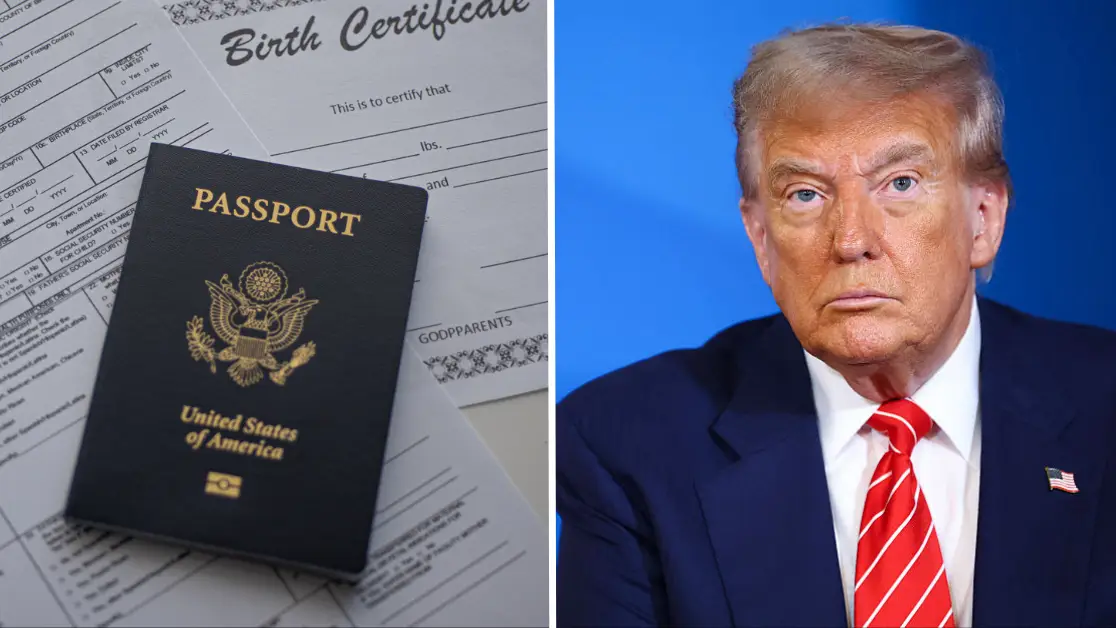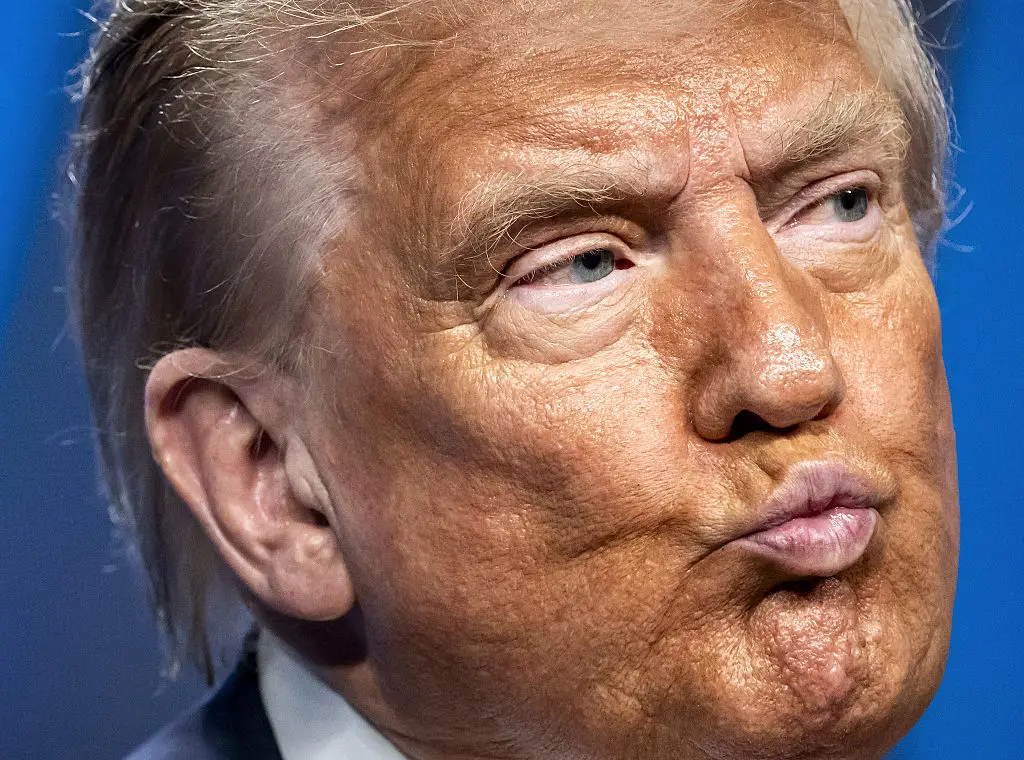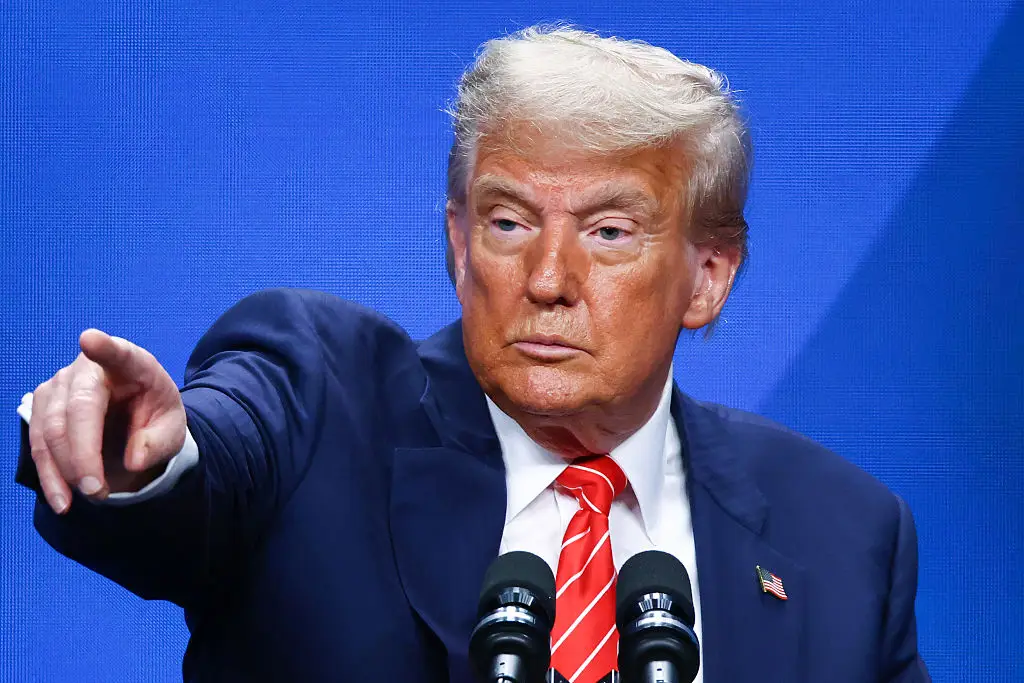
The United States Supreme Court has just announced a major ruling on president Donald Trump’s birthright citizenship plan that could affect millions upon millions of people.
This afternoon (27 June), the Supreme Court ruled to restrict lower courts from issuing nationwide injunctions blocking federal policies.
OK - but what does this actually mean? Well, the ruling basically means that judges can’t just block a law or policy for the entire country - only for the people who actually sued.
That means that one of Trump’s highly controversial plans - a bid to limit birthright citizenship - isn’t fully stopped anymore.
Advert
However, such a ruling doesn’t mean that the rule is now official - just that it’s still being challenged in court. But, with that said, it does make it easier for big policies like this to move forward.

What is Birthright citizenship?
Now, when Trump and his allies reference birthright citizenship, they’re usually talking about the legal principle of jus soli - which means 'right of the soil' in Latin.
The first sentence of the 14th Amendment to the US constitution establishes the principle of birthright citizenship: "All persons born or naturalized in the United States, and subject to the jurisdiction thereof, are citizens of the United States and of the state wherein they reside."
In short, the legal principle grants citizenship to anyone born in a country, regardless of their parents' citizenship. So, such a principle allows nearly everyone born on US soil to immediately become a US citizen.

What does Trump's executive order mean?
The order in question, which Trump signed earlier this year (20 January), tries to make it so that children born in the US, but without at least one parent who is a lawful permanent resident or US citizen, are no longer automatically extended US citizenship.
It works by disallowing federal agencies from issuing or recognising documentation proving US citizenship for such children who meet that criteria in the US.
The executive order largely targets children who are born to unauthorised immigrants as well as people legally in the US on temporary visas.
Friday's ruling effectively means that the birthright citizenship proposal can likely move forward at least in part in the states that challenged it, as well as those that did not.
The Supreme Court decision was on cases filed in Maryland, Massachusetts and Washington state.
The policy remains blocked for now in one additional state, New Hampshire, as a result of a separate lawsuit that is not before the Supreme Court. Trump's plan has the backing of 21 other states.
What was Trump's response to the Supreme Court ruling?
Taking to Truth Social to share his reactions to the ruling, which he dubbed a 'giant win', Trump penned: "GIANT WIN in the United States Supreme Court!
"Even the Birthright Citizenship Hoax has been, indirectly, hit hard. It had to do with the babies of slaves (same year!), not the SCAMMING of our Immigration process.
"Congratulations to Attorney General Pam Bondi, Solicitor General John Sauer, and the entire DOJ. News Conference at the White House."
The latest news comes after Trump announcing plans to embark on the 'largest deportation programme in history', vowing to deport 'maybe as many as 20 million' people.
Other than ramping up deportations, the 79-year-old Republican has also downsized federal agencies as well as targeting law firms, universities and firing thousands of federal employees.
Topics: Donald Trump, Explained, News, US News, Politics